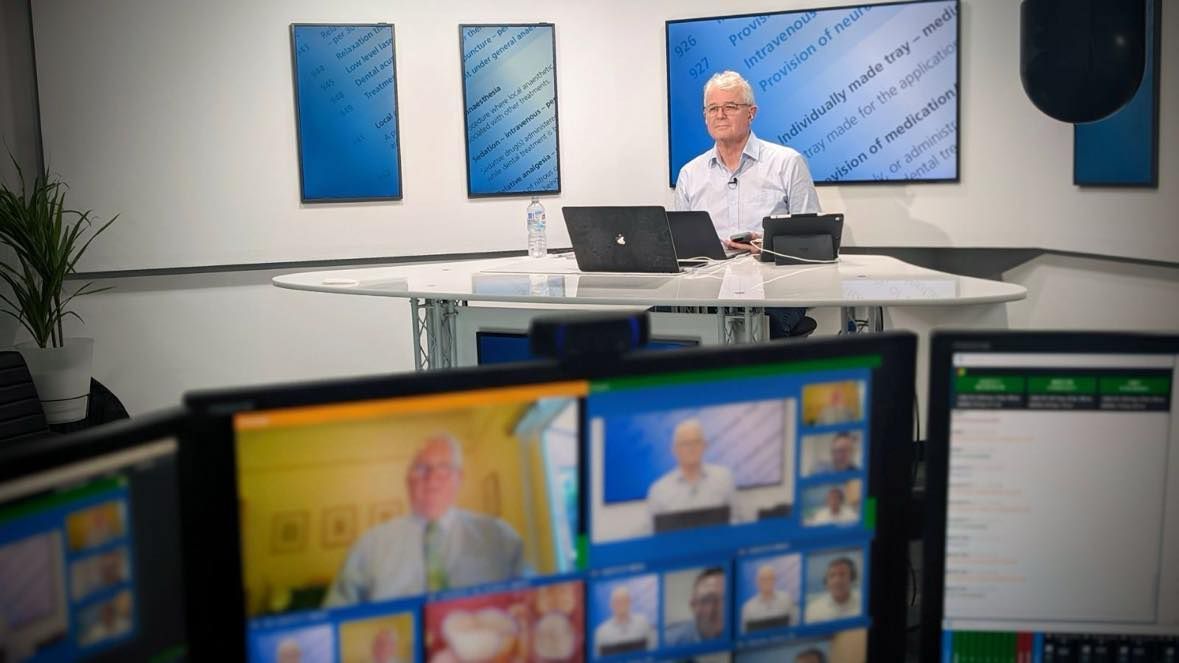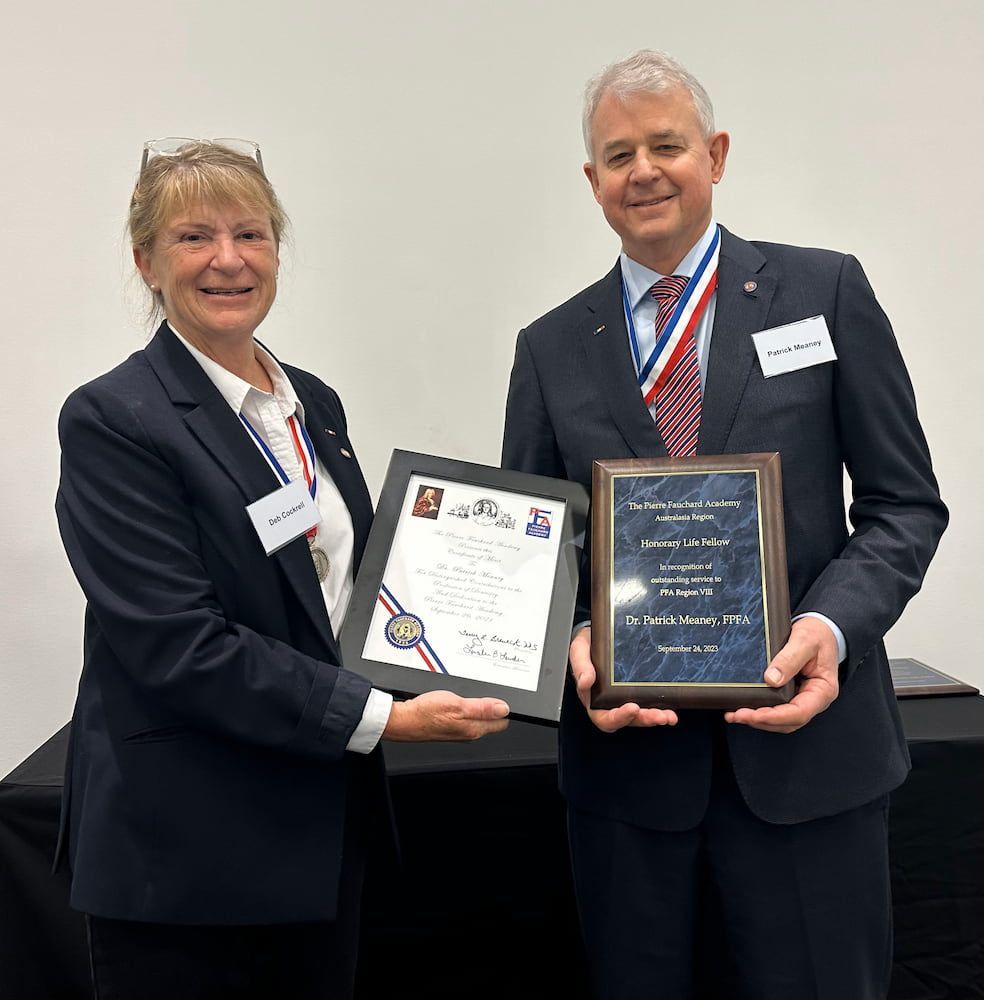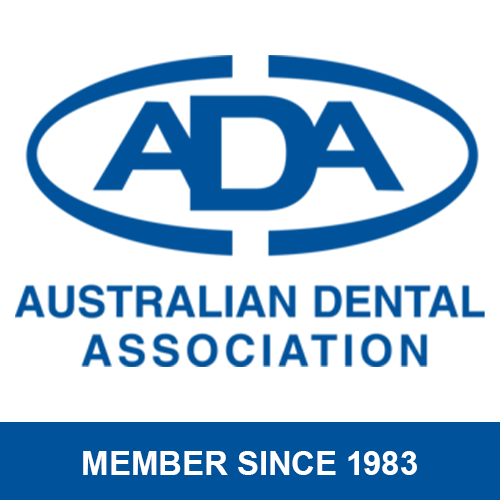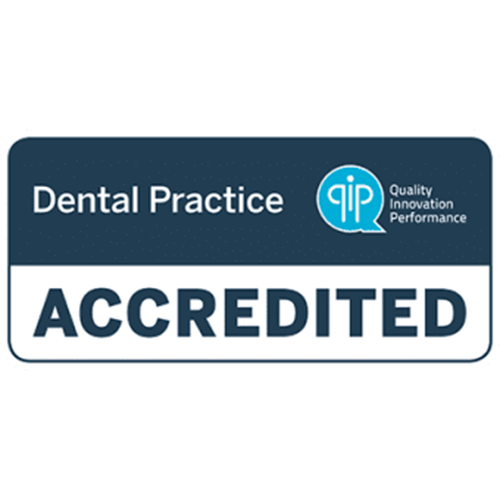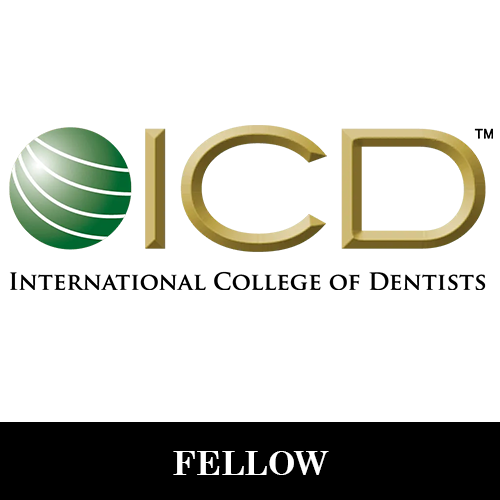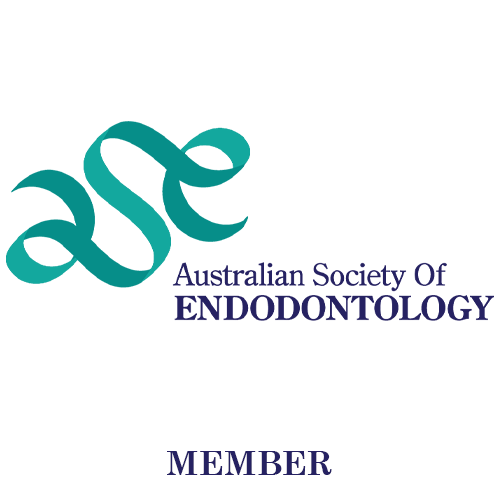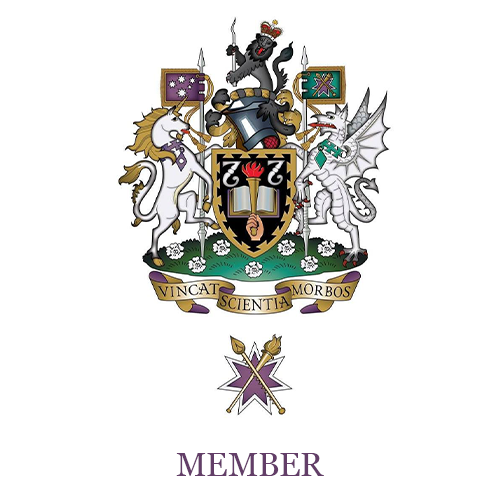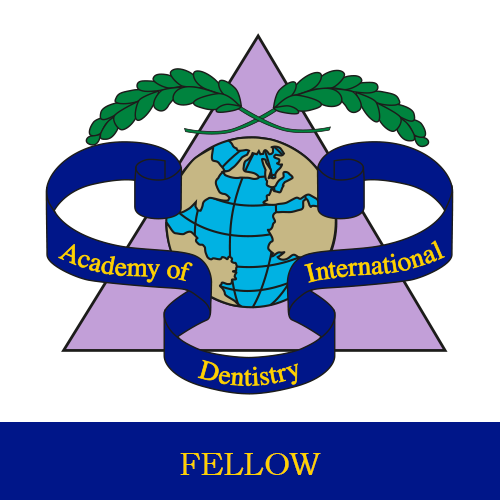Things you should know about your teeth as you age
Another year signifies a fresh start, and as we age, it becomes more important to take care of our teeth. If you are wondering why, here’s what happens to your teeth as you age.
First, let’s talk about the teeth
Before we get into the effects of aging, let’s discuss how amazing your teeth are and how they work. The
human teeth are made up of different types of tissue such as:
Enamel – the enamel is a complex weave of
brittle, honeycomb-clustered strands that interact with light to make your teeth look bright. It is also the hardest part that protects most of the surface of your tooth.
Dentine – the
dentine is a strand made of collagen, minerals, water, and proteins, that form most of your crown and root. The dentine helps prevent your teeth from cracking and breaking as you chew on your food.
Pulp – the pulp has blood vessels and nerves that communicate with your body and also transfer the nutrients to your teeth. Surrounding the pulp are interconnected tubules formed by specialised cells known as odontoblasts.
How does aging affect your teeth?
As you age, your teeth are more prone to
discolouration and fracture as dentine loses its spring. The dentine darkens as the collagen weave stiffens and shrinks. These cases are more likely to happen to those with existing crack lines, large fillings, or root canal treatments.
Dental x-rays can assist in detecting cavities that are hardly felt and cannot be seen by the naked eye.
Why you should get a dental check-up?
Small cavities take a longer time to develop and by
early detection , we can help our patients get rid of it as well as other dental problems. At Dr. Patrick Meany & Associates, we advise our adult patients to get dental x-rays at least every two years. Your x-rays will help detect small cavities and dental problems.
As you write down your New Year’s resolution this year, it is also important to look at your oral health. Consider getting an early-year check-up in January so you can be dentally fit and confident for the next twelve months.
Schedule an appointment today or call us at 02 4869 3111.
Blog Reference:
The original story for my blog was written by Dr Arosha Weerakoon, Senior Lecturer, School of Dentistry, The University of Queensland, and General Dentist., The University of Queensland.
Site Links
Our Services
Locations We Service
Contacts
ABN: 40 525 320 779
Trading Hours
- Monday
- -
- Tuesday
- -
- Wednesday
- -
- Thursday
- -
- Friday
- -
- Saturday
- Closed
- Sunday
- Closed

